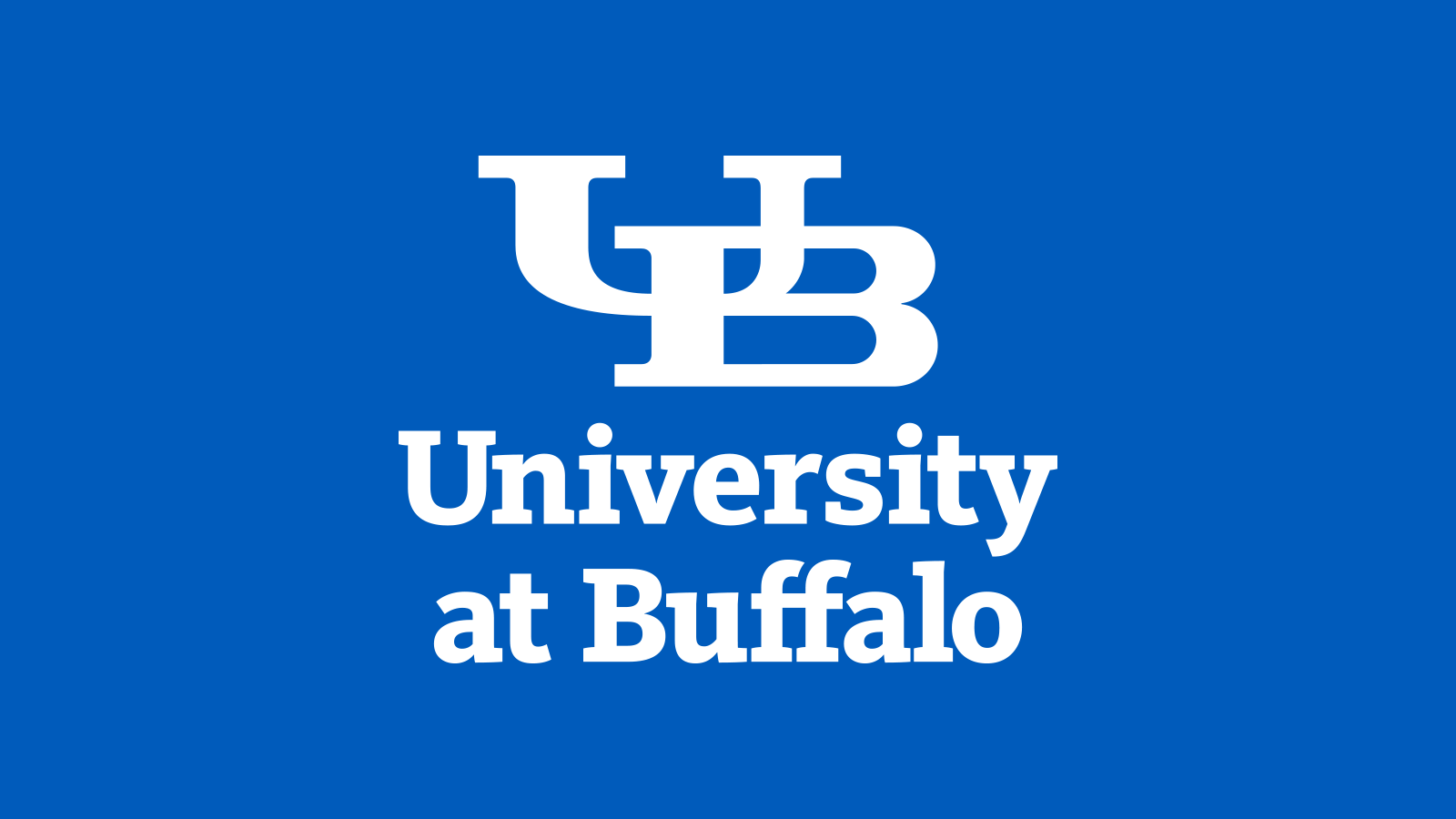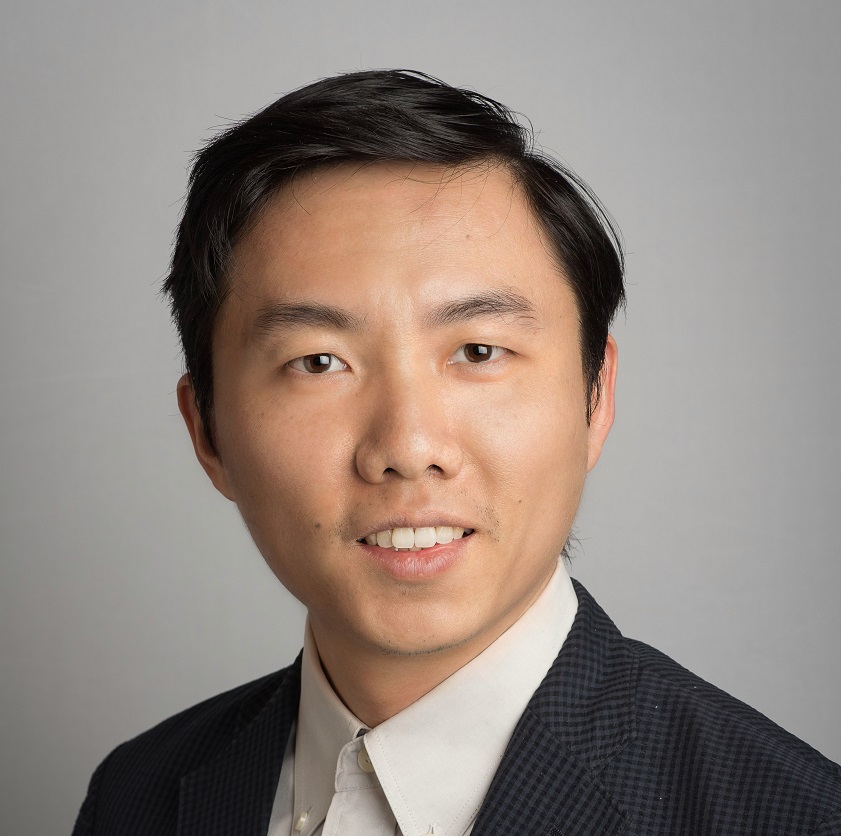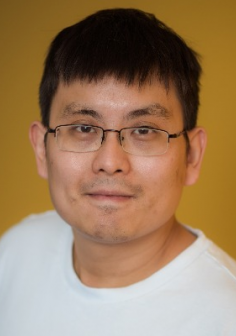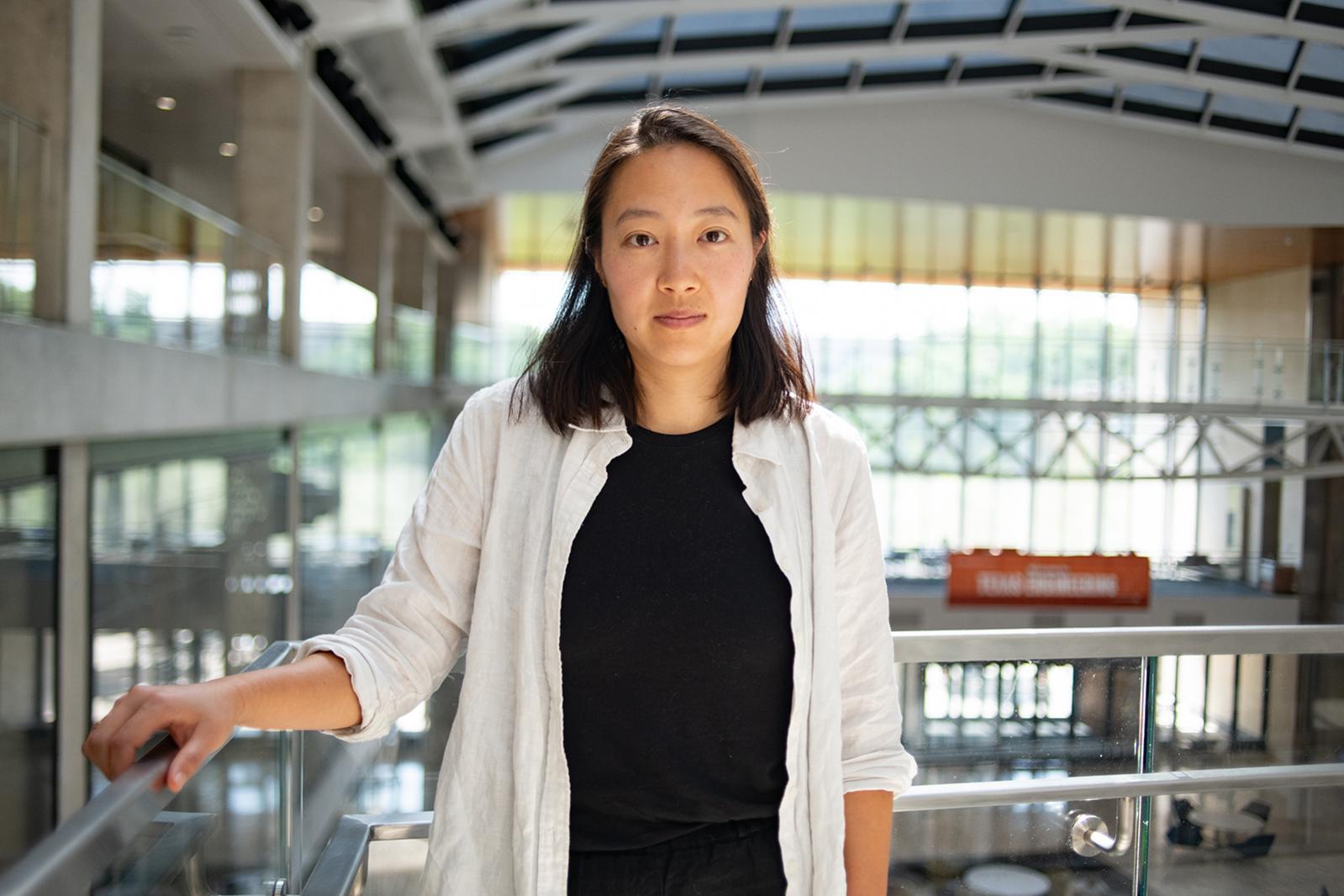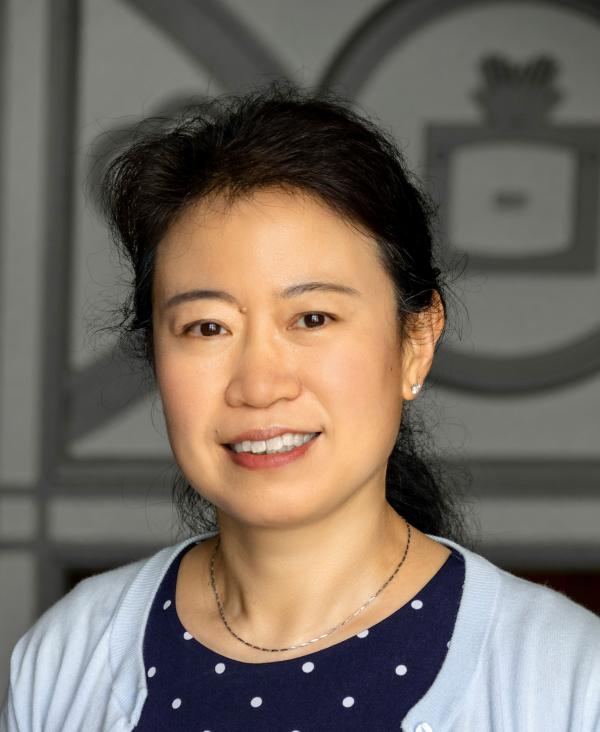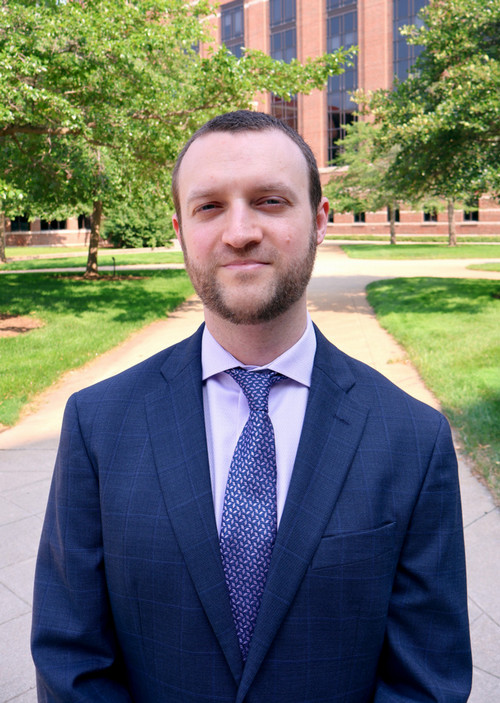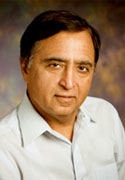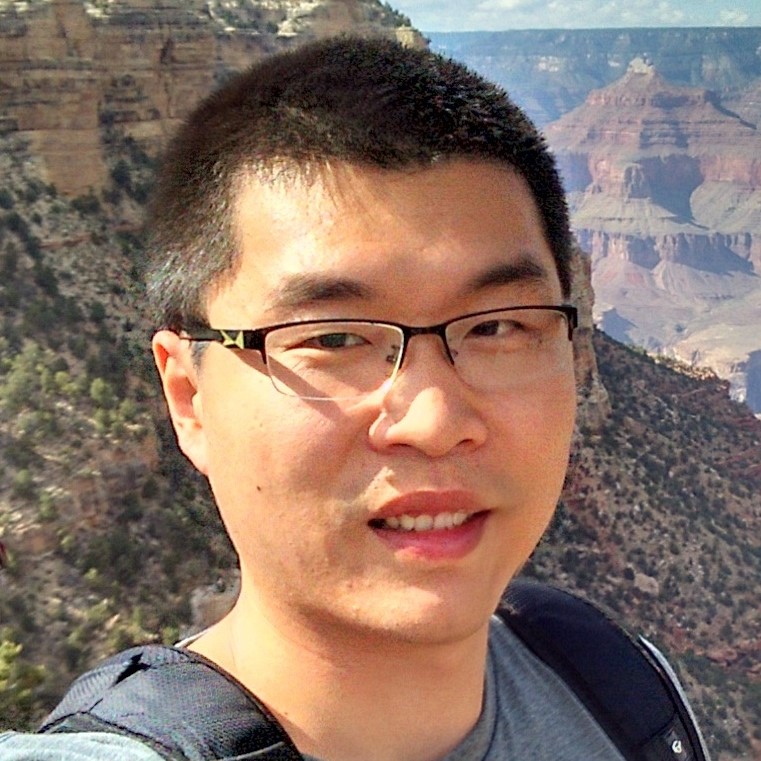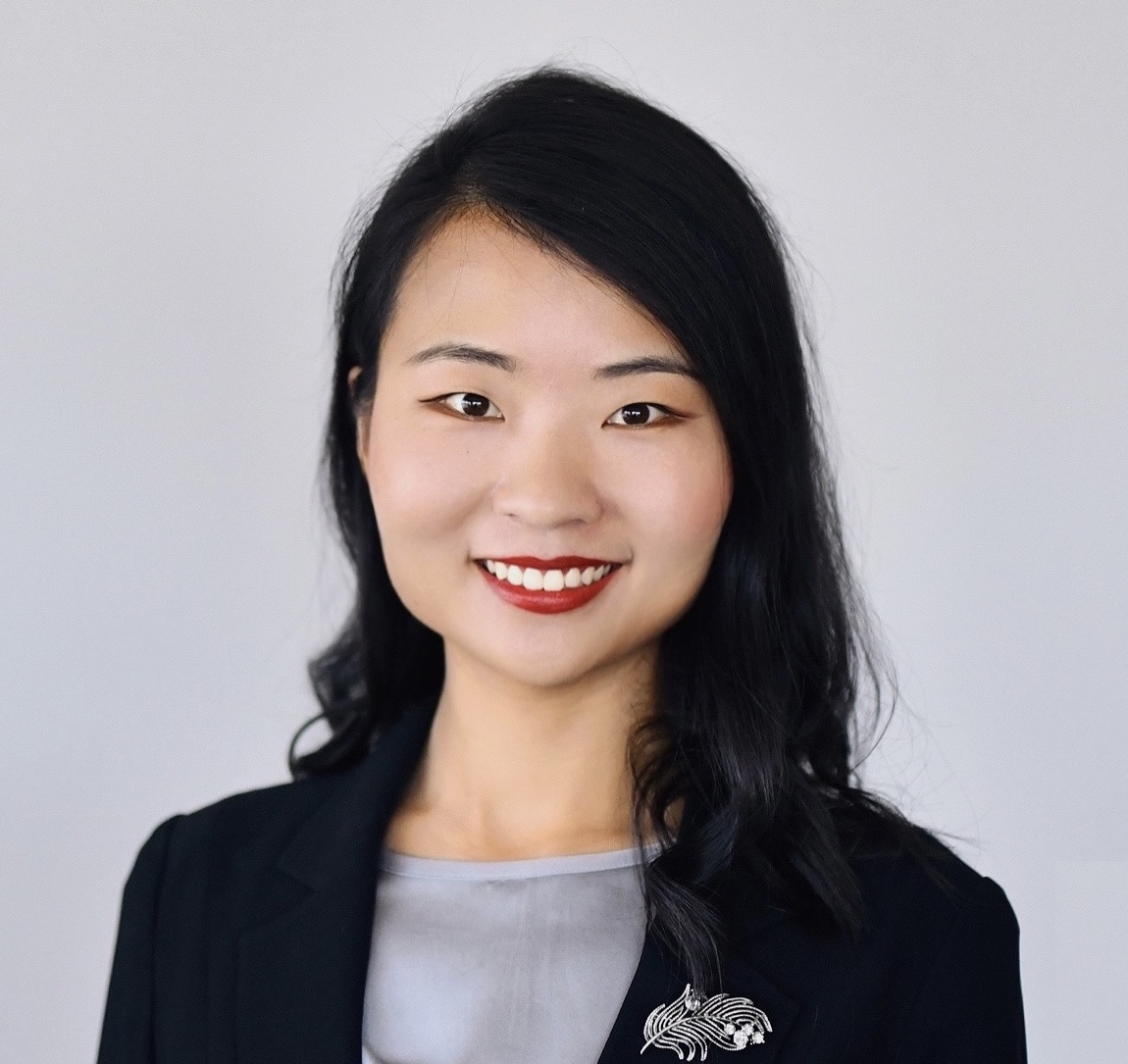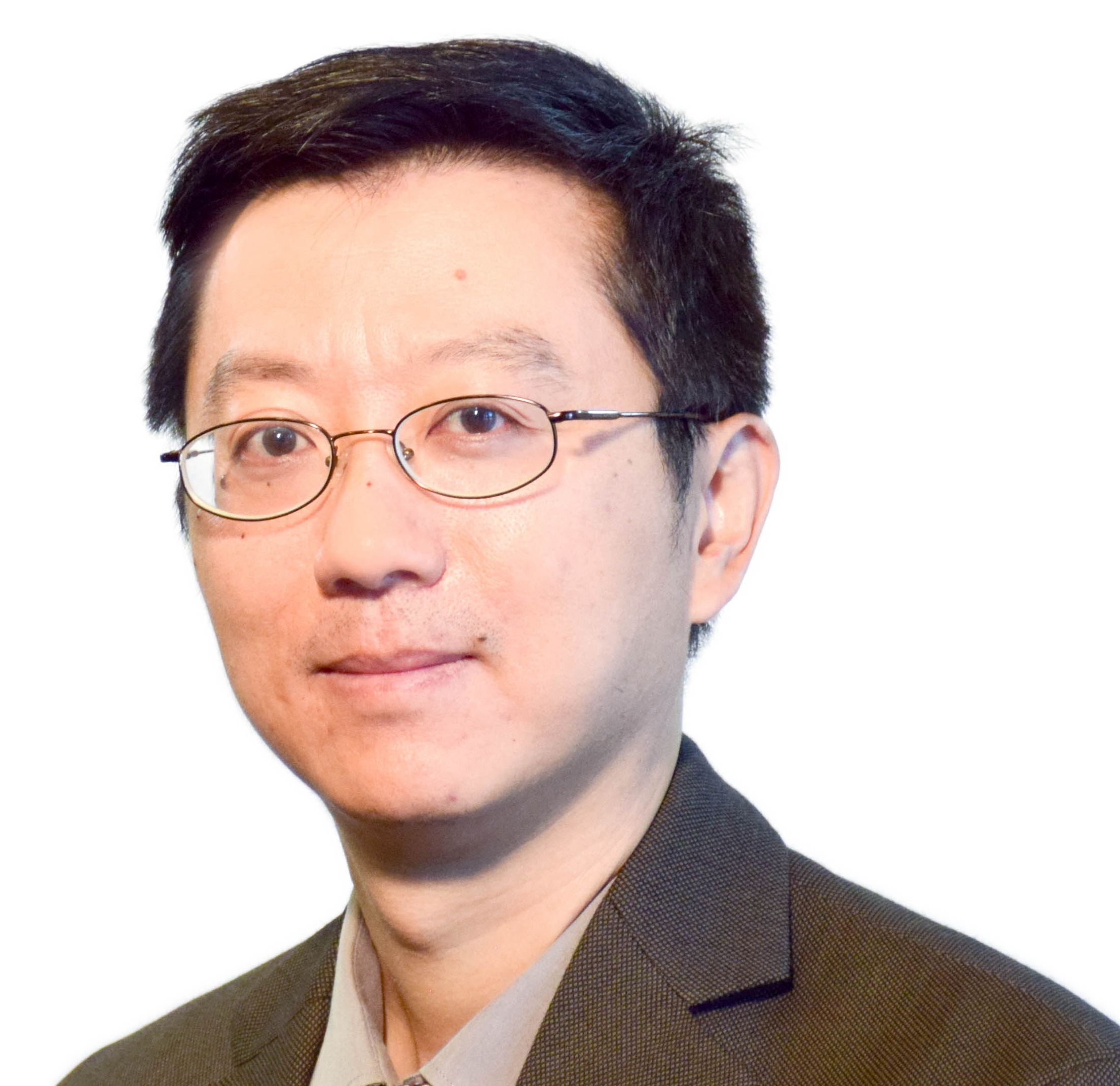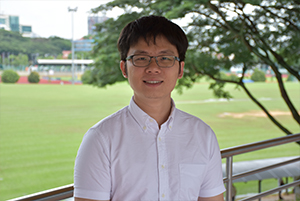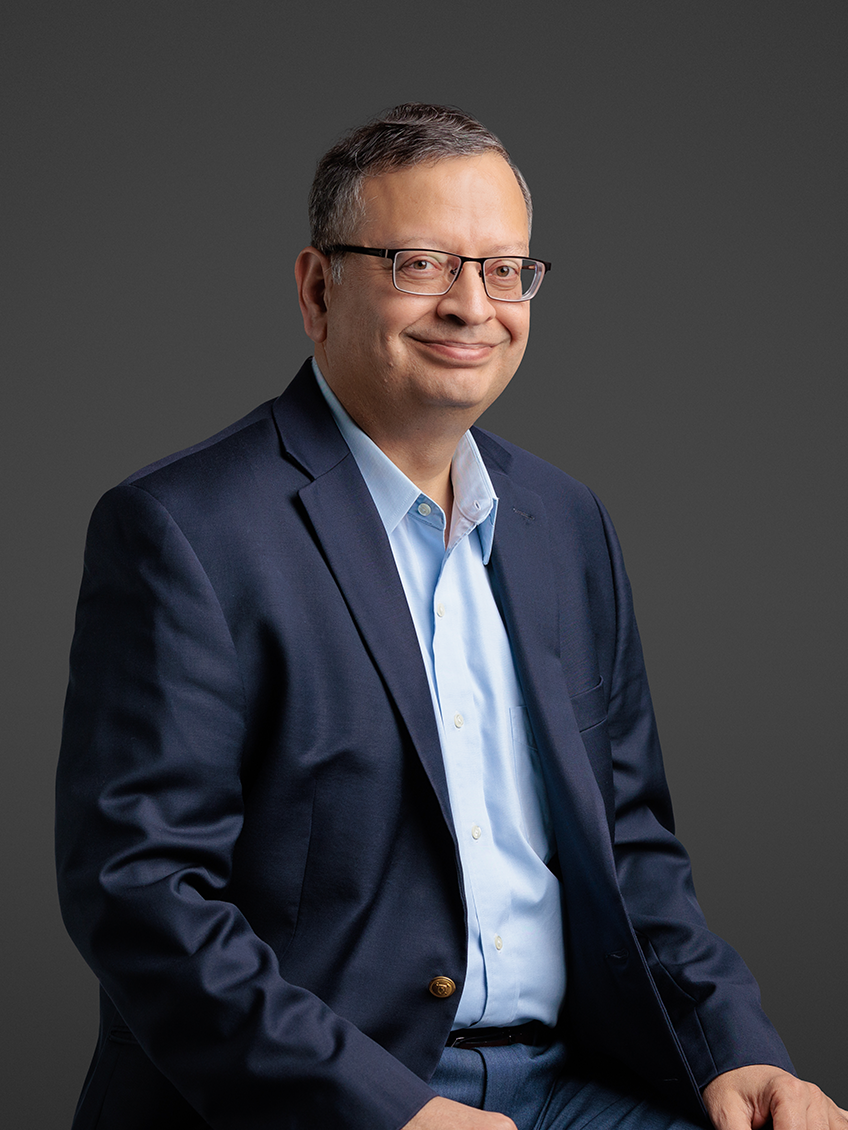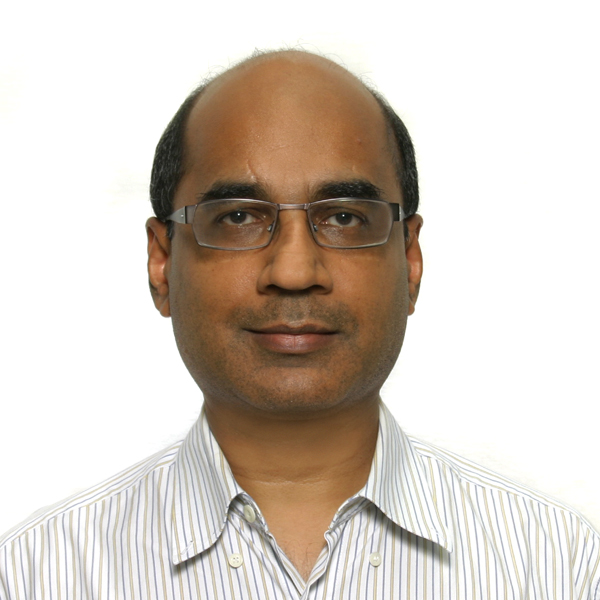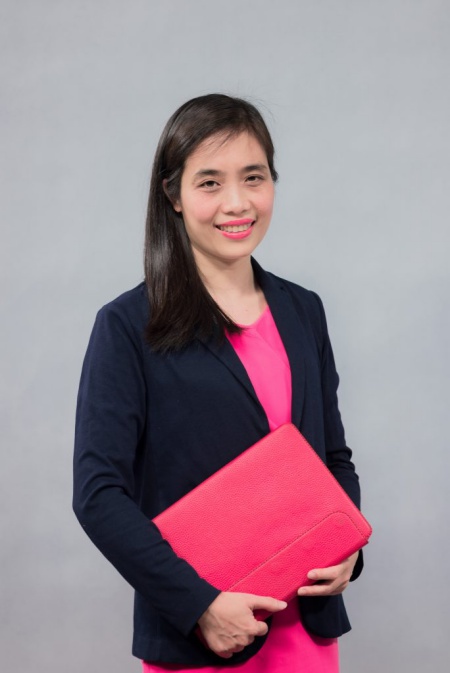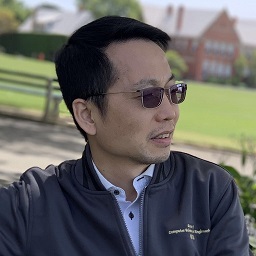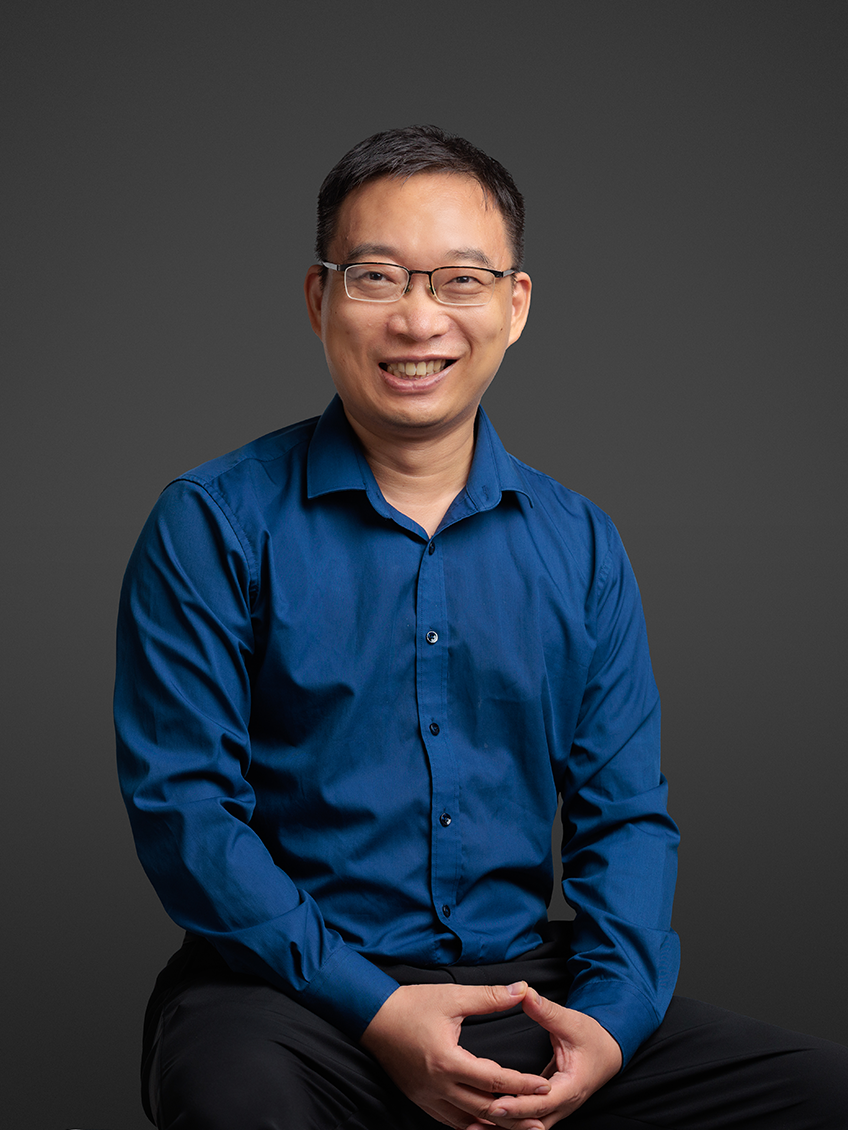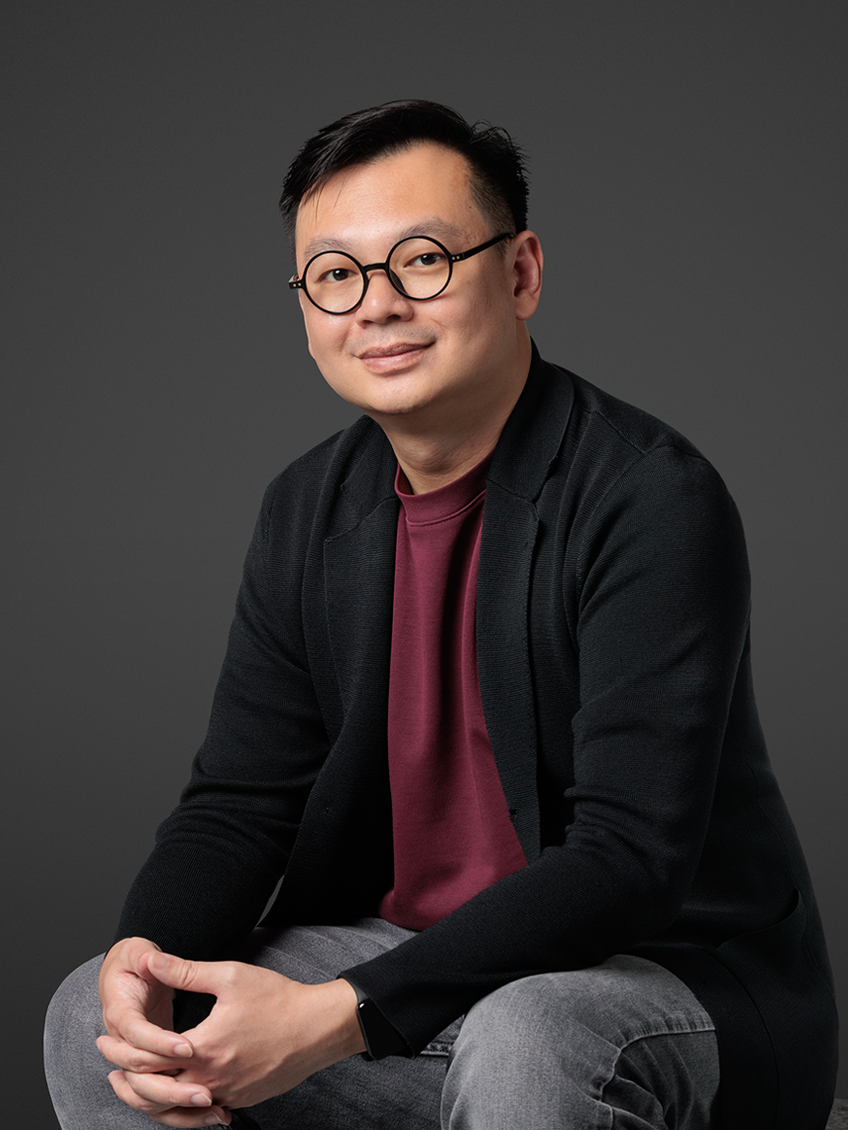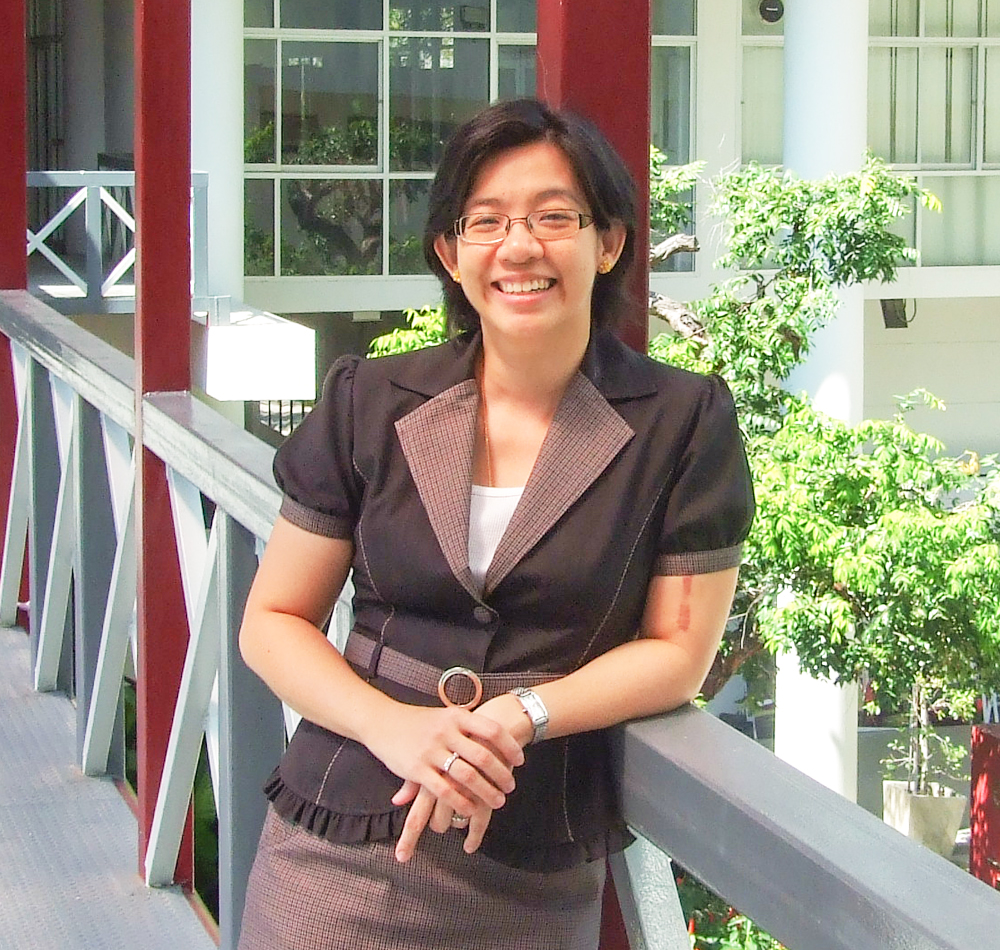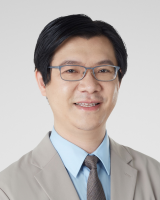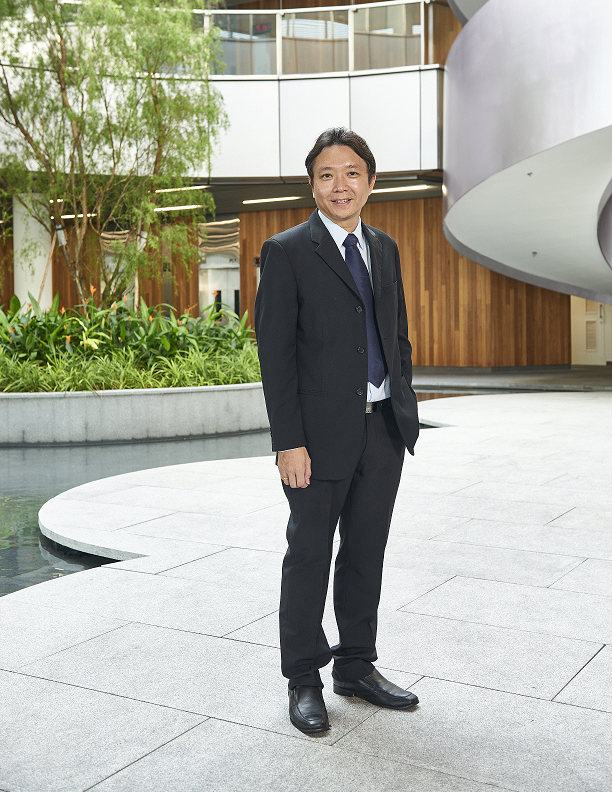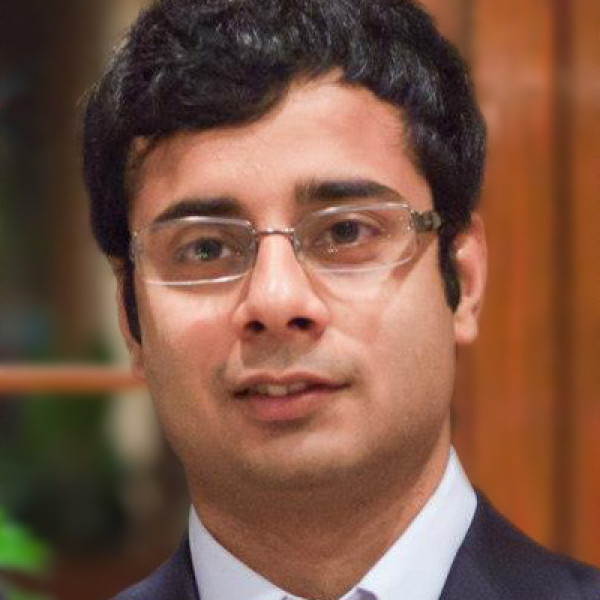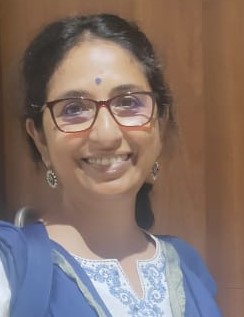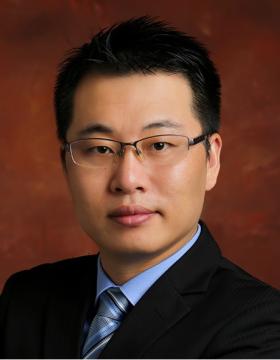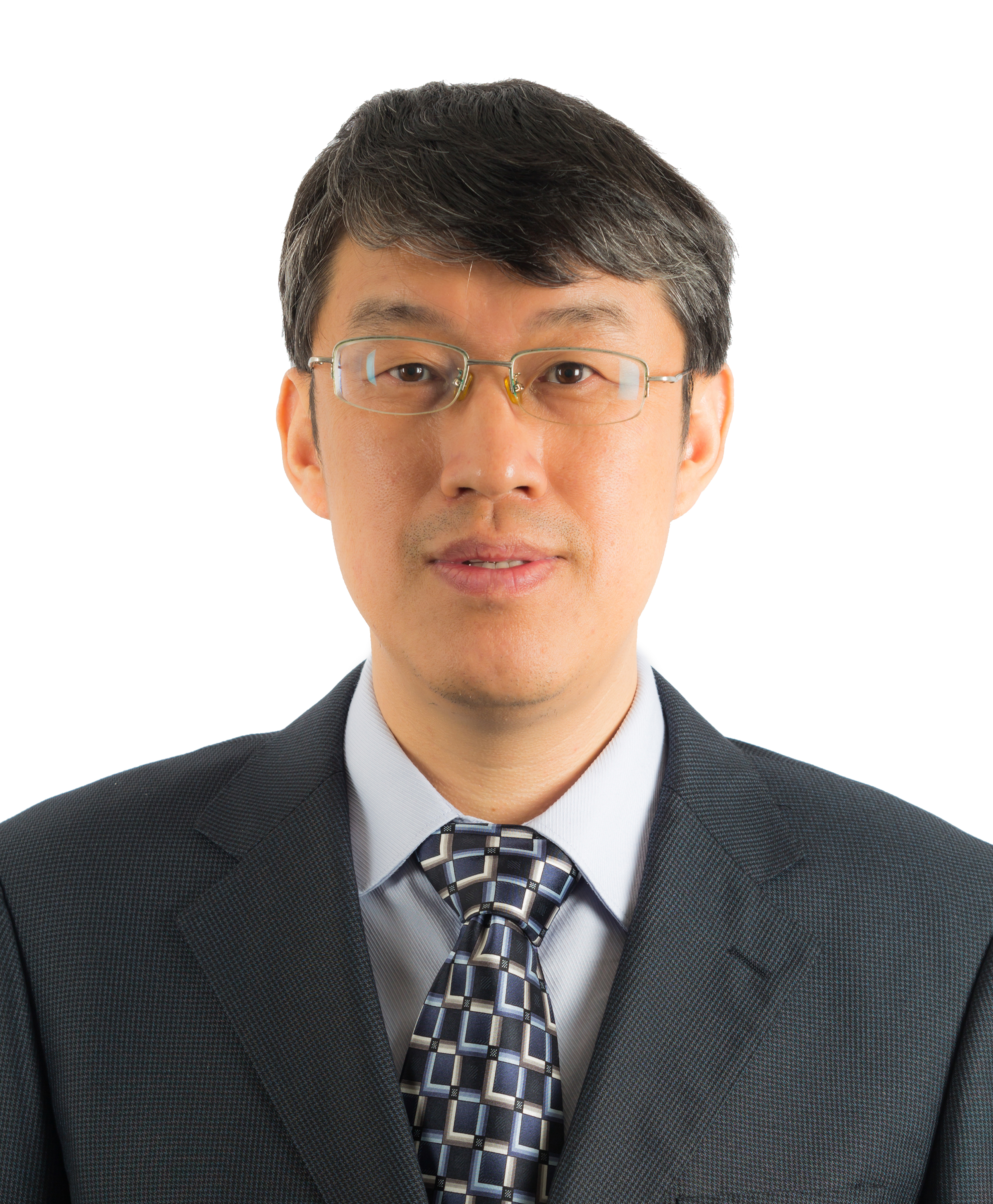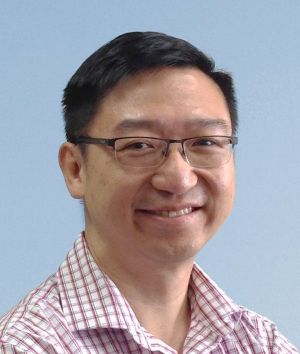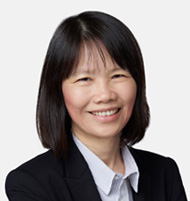US-Southeast Asia Regional Workshop on Responsible Artificial Intelligence
US-Southeast Asia Regional Workshop on Responsible Artificial Intelligence will be held at the National University of Singapore (NUS) in Singapore on April 29-30, 2025 co-hosted by the University at Buffalo (UB) and the National University of Singapore (NUS). This will be an invitation-only, two-day workshop focused on enhancing collaboration in human-aligned AI research between Southeast Asia and the United States. This workshop will discuss a variety of themes related to human-aligned AI, including research roadmaps, strategies for cross-national collaboration, and the deployment of AI for economic development and societal well-being. Further details about the workshop will be shared soon.
-
Date
Tuesday and Wednesday, April 29th-30th, 2025
-
Time
9:00 am - 5:00 pm, April 29th-30th, 2025
-
Location
Innovation 4.0, 3 Research Link Singapore 117602
-
Conference Site
Seminar Room, Level 1
WorkshopAttendance
Invited Talks
Click each title to view abstract and speaker bio.
Conversational AI Buddies and Deep Fakes
Speaker: Dr. Maja Pantic, Department of Computing, Imperial College London and Chief AI Research Officer, NatWest Group
Abstract: This talk is about conversational AI and how far are we from being able to talk to AI in natural languages. The talk will touch upon modelling and implementation of the AI embodiment in a photorealistic manner. It will explain machine learning, computer vision and Generative AI methods developed to this end and used for photorealistic AI Chat Bots (AI Buddies) generation. The talk will end in discussion of possible applications and misuses of this technology, including Deep Fakes.
Biography: Maja Pantic is the Chief AI Research Officer of Natwest Group (NatWest Bank, Bank of Scotland, and Coutts Bank). She is also a Professor in AI at Imperial College London. Previously, she was a Generative AI Senior Research Director at Meta AI (2020 – 2025) and Research Director and Co-founder of Samsung AI Centre Cambridge (2018 – 2020). Prof Pantic has co-authored more than 500 papers with more than 55k citations and an h-index of 107 to date. She received various awards for her work on automatic analysis of human behaviour, including IAPR Maria Petrou Award in 2020 and British Computer Society Roger Needham Award in 2011. She served as an Associate Editor in top AI journals, including International Journal of Computer Vision (2021- to date) and IEEE Transactions on Pattern Analysis and Machine Intelligence (2011-2021). She is a Fellow of the UK’s Royal Academy of Engineering, an IEEE Fellow, and an IAPR Fellow.
Robustness of Value Alignment in AI Models
Speaker: Dr. Mohan Kankanhalli, School of Computing, National University of Singapore
Abstract: Value alignment (VA) aims to ensure that large language models (LLMs) and other AI agents behave in accordance with human values and preferences. VA is critical for the safety and trustworthiness of AI Models. The robustness of value alignment is important to ensure that AI systems maintain the desired behavior under diverse contexts. This talk briefly introduces two of our works related to the robustness of VA.
In the first work, we describe a perplexity-aware correction (PerpCorrect) approach for robust alignment with noisy preferences. PerpCorrect detects and corrects noisy preferences based on the differences between the perplexity of the chosen and rejected responses. Comprehensive experiments validate that PerpCorrect can achieve state-of-the-art alignment performance. PerpCorrect demonstrates practical utility by requiring only a modest amount of validation data and by being compatible with various alignment techniques.
In the second work, we theoretically analyze the robustness of widely used preference models by examining their sensitivities to minor changes in preferences they model. Our findings reveal that, in the Bradley-Terry and the Placket-Luce model, the probability of a preference can change significantly as other preferences change, especially when these preferences are dominant. We identify specific conditions where this sensitivity becomes significant for these models and discuss the practical implications for the robustness and safety of value alignment in AI systems.
Biography: Mohan Kankanhalli is Provost's Chair Professor of Computer Science at the National University of Singapore (NUS), where he is the Director of the NUS AI Institute. He is also the Deputy Executive Chairman of AI Singapore, which is Singapore’s National AI R&D Program. Mohan obtained his BTech from IIT Kharagpur and MS & PhD from the Rensselaer Polytechnic Institute. Mohan’s research interests are in Multimodal Computing, Computer Vision, and Trustworthy AI. At the NUS AI Institute, he leads initiatives on multimodal models and trustworthy machine learning. Mohan was a member of World Economic Forum's Global Future Council on the Future of Artificial Intelligence during 2023-2024. He is a Fellow of IEEE, IAPR and ACM.
Biosignal Foundation Models and Their Role in Health Behavior Change
Speaker: Dr. James M. Rehg, Founder Professor, Siebel School of Computing and Data Science and Department of Industrial and Enterprise Systems Engineering, University of Illinois Urbana-Champaign; Director, Health Care Engineering Systems Center
Abstract: Approximately 90% of the annual $4.5 trillion cost of healthcare in the US is attributable to chronic diseases such as diabetes, heart disease, and cancer, which are inextricably linked to mutable health behaviors. A key step in the prevention and management of chronic disease via behavioral interventions is the use of Mobile Health (mHealth) sensing technologies to provide biomarkers for important health states and metrics, such as glucose levels, stress levels, and blood pressure. The ability to obtain these biomarkers via passive sensing from wearables such as smartwatches creates new opportunities for longitudinal modeling of health risk and the development of novel intervention approaches.
Unfortunately, it is challenging to reliably estimate a diverse set of mHealth biomarkers from wearable sensor data, due to issues of data missingness, ambiguity, and label scarcity. In other domains of AI, the development of foundation models has provided powerful pre-trained representations that can be used to solve multiple downstream tasks without requiring substantial amounts of labeled data. In this talk, I will describe recent progress towards creating foundation models for biosignals such as accelerometry and PPG, which are commonly available from wearable sensors. I will describe our state-of-the-art approach to self-supervised learning of biosignal representations, and present applications to multiple tasks involving accelerometry and PPG analysis. I will briefly describe applications of our work to smoking cessation, increasing physical activity, and stress monitoring. This is joint work with Drs. Santosh Kumar, David Wetter, Ben Marlin, Soujanya Chatterjee, and Alexander Moreno, and PhD students Maxwell Xu, Mithun Saha, and Wanting Mao, as well as the Apple Health group.
Biography: James M. Rehg is a Founder Professor in the Siebel School of Computing and Data Science and the Department of Industrial and Enterprise Systems Engineering at UIUC, where he is the Director of the Health Care Engineering Systems Center. He received his Ph.D. from CMU in 1995 and worked at the Cambridge Research Lab of DEC (and then Compaq) from 1995-2001, where he managed the computer vision research group. He was a professor in the College of Computing at Georgia Tech from 2001-2022. He received an NSF CAREER award in 2001 and a Raytheon Faculty Fellowship from Georgia Tech in 2005. He and his students have received best student paper awards at ICML 2005, BMVC 2010 and 2022, Mobihealth 2014, and Face and Gesture 2015, and a Method of the Year Award from the journal Nature Methods. Dr. Rehg served as the Program co-Chair for ACCV 2012 and CVPR 2017 and General co-Chair for CVPR 2009. He has authored more than 200 peer-reviewed scientific papers and holds 30 issued US patents. His research interests include computer vision, machine learning, and mobile and computational health (https://rehg.org). Dr. Rehg was the lead PI on an NSF Expedition to develop the science and technology of Behavioral Imaging, the measurement and analysis of social and communicative behavior using multi-modal sensing, with applications to developmental conditions such as autism. He is currently the Deputy Director and TR&D1 Lead for the mHealth Center for Discovery, Optimization, and Translation of Temporally-Precise Interventions (mDOT), which is developing novel on-body sensing and predictive analytics for improving health outcomes (https://mdot.md2k.org/)
Fostering Responsible AI: Strategic Investments and Collaborative Efforts for Responsible AI Development
Speaker: Dr. Michael Zeller, Head, Artificial Intelligence Strategy & Solutions, Temasek
Abstract: Early on, Temasek identified AI as a transformative force driving industry evolution and global change, while recognising that the responsible deployment of AI will be a key horizontal to generate value and realise business uplift.
Ensuring that AI technologies are developed and deployed in a manner that aligns with commonly agreed standards and ethical principles is fundamental for the continued innovation of human-centric AI.Since 2018, with the establishment of its AI Pod, Temasek has been focusing on AI-enabled business opportunities such as its venture building investments and promoting responsible AI adoption within its ecosystem of partners and portfolio companies.
These efforts reflect the growing importance of Responsible AI to not only mitigate risks, but as a source of competitive advantage, and the crucial role institutional investors like Temasek can play in promoting Responsible AI as the “Cambrian Explosion” of AI radically shifts the goalposts in how we live, work and play.
Biography: Dr. Michael Zeller is the Head of Artificial Intelligence Strategy & Solutions at Temasek and is responsible for the global investment company's AI venture building and accelerating the deployment of AI technologies to create scalable AI products and solutions.
Dr. Zeller joined Temasek in July 2020 and serves as a board member and an advisor at Temasek ventures Aicadiumand Resaro. He currently serves on the Board of Directors of Tech San Diego, which represents the region’s information technology industry with focus on advanced analytics.
Dr. Zeller has also served as Secretary/Treasurer on the Executive Committee of ACM SIGKDD, the premier international organization for data science. In 2020 he was honoured with the ACM SIGKDD Service Award in recognition of his outstanding contributions to professional Knowledge Discovery and Data Mining societies or society- at-large through applications of knowledge discovery and data mining.
A frequent speaker at conferences and industry events, Dr. Zeller has published various articles and white papers on AI, data science and machine learning.
Dr. Zeller received his Ph.D. in Physics from the University of Frankfurt (Germany) and received a visiting scholarship from the Department of Physics at the University of Illinois at Urbana-Champaign and was the recipient of a Presidential Postdoctoral Fellowship from the Computer Science Department at the University of Southern California.
